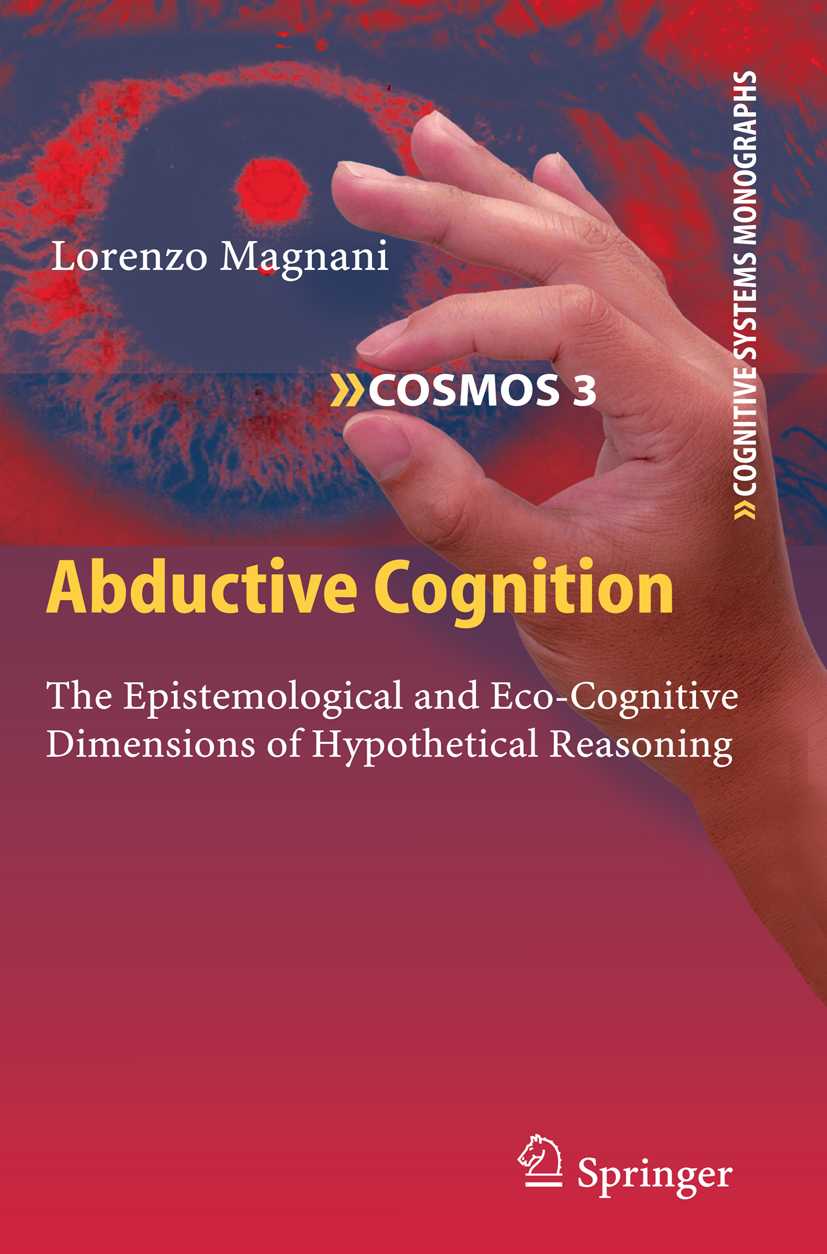
Abductive Cognition. The Epistemological and Eco-Cognitive Dimensions of Hypothetical Reasoning (Springer, in press) explores abductive cognition, an important but, at least until the third quarter of the last century, neglected topic in cognition. It integrates and further develops ideas already introduced in a previous book, which I published in 2001 (Abduction, Reason, and Science. Processes of Discovery and Explanation, Kluwer Academic/Plenum Publishers, New York).
The status of abduction is very controversial. When dealing with abductive reasoning misinterpretations and equivocations are common. What are the differences between abduction and induction? What are the differences between abduction and the well-known hypothetico-deductive method? What did Peirce mean when he considered abduction both a kind of inference and a kind of instinct or when he considered perception a kind of abduction? Does abduction involve only the generation of hypotheses or their evaluation too? Are the criteria for the best explanation in abductive reasoning epistemic, or pragmatic, or both? Does abduction preserve ignorance or extend truth or both? How many kinds of abduction are there? Is abduction merely a kind of “explanatory” inference or does it involve other non-explanatory ways of guessing hypotheses?
The book aims at increasing knowledge about creative and expert inferences. The study of these high-level methods of abductive reasoning is situated at the crossroads of philosophy, logic, epistemology, artificial intelligence, neuroscience, cognitive psychology, animal cognition and evolutionary theories; that is, at the heart of cognitive science.
More info at: Springer’s website

